Sam Skinner and his team at the University of Melbourne are working to reduce the size of sludge mountains at waste water treatment plants—cutting the cost and making it more affordable to communities who don’t have big, modern sewage treatment facilities.
They are the first in the world to show the link between ease of filtration of the wastewater sludge and its organic content – such as bacteria and the sticky substances that they produce.
“The organic content turns the sludge into a kind of jelly, making it a nightmare to separate,” says Sam.
By destroying this organic matter prior to filtration they’ve reduced the size of the filters needed to process our wastewater by up to 5000 per cent – making the entire process both more efficient and cost effective.
The results will help reduce the amount of sludge that goes into sludge mountains at wastewater treatment plants by removing more water from it.
“The more efficient we can be in separating this ‘sludge’ from our wastewater, the more clean re-useable water we can generate, and the more nutrients we can recover the produce fertiliser and other valuable chemicals,” says Sam.
Contact: Samuel Skinner, the University of Melbourne, sam.skinner1@gmail.com
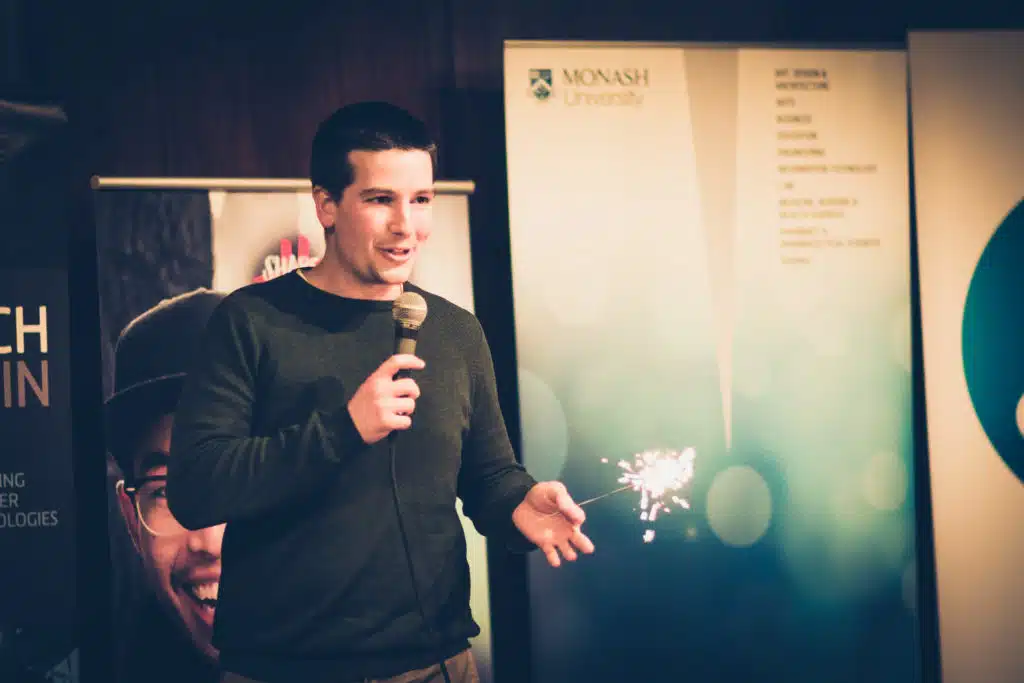
Sam Skinner, from the University of Melbourne, presents at Fresh Science Victoria (credit: Tom Rayner)

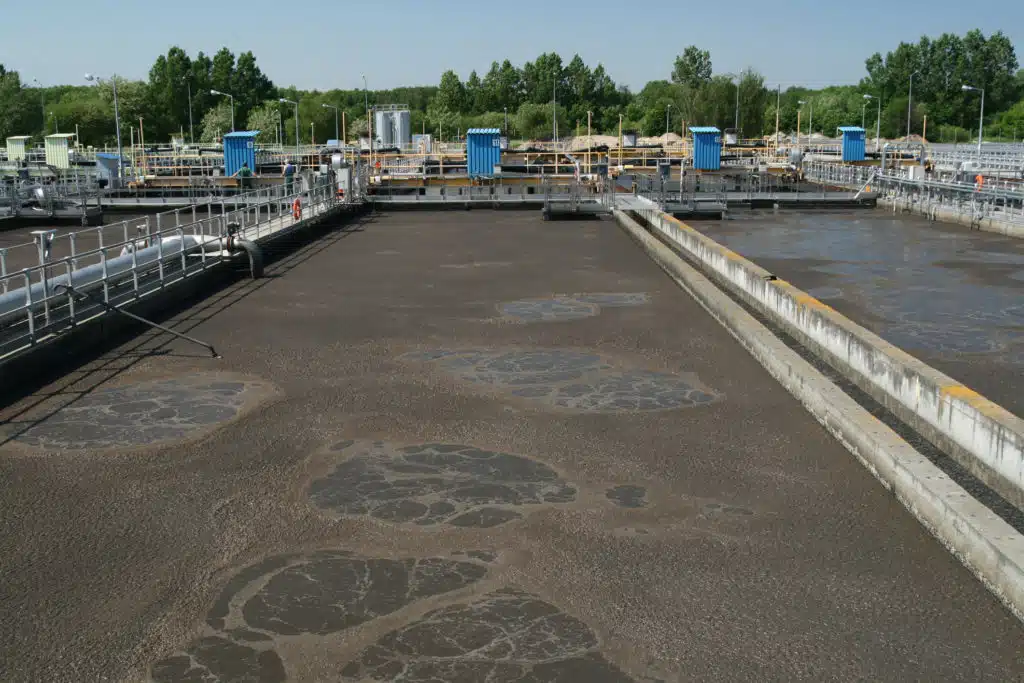
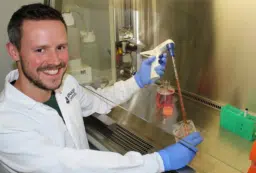
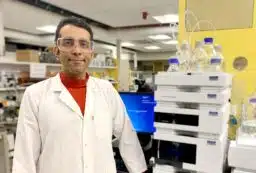
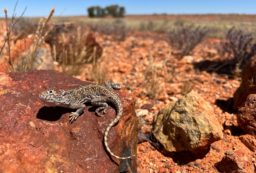
 Fresh Science is on hold for 2022. We will be back in 2023.
Fresh Science is on hold for 2022. We will be back in 2023.